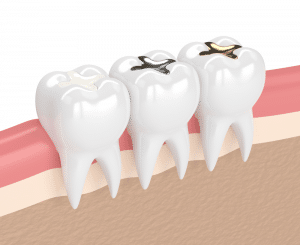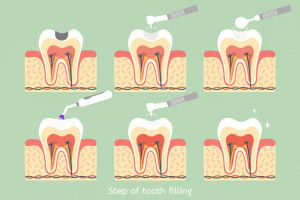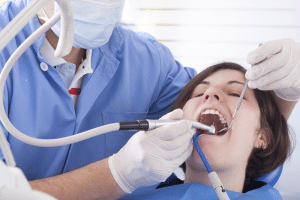Dental Filling
Dental Filling in Iran
Best dental filling clinic in Iran
More than 35.000 Iranian and foreign patients are going under
dental filling clinic in Iran each year. dental filling clinic in Iran is on top of the middle-east regarding its skilled specialists and surgeons. Here are the best clinics for dental filling in Iran:
- Peris clinic

dental filling cost in Iran
There is a significant difference between the cost of dental filling in Iran and other countries. The most important factors for the low price of it in Iran are:
- A large number of the dental filling clinic in Iran
- A large number of applicants for dental filling in Iran
Dental filling cost in Iran varies depending on the dental filling and the clinic. An average cost of dental filling in Iran is $70.
Dental filling cost in Iran in comparison with other countries
This streatment costs $250 in the U.S., 180 in Europe, $150 in Thailand and $100 in Turkey.
Best dental filling surgeon in Iran
More than 70.000 dental surgeries are being performed each year in Iran. Experienced Iranian doctors with an excellent record are performing the operations. One of the most important factors for choosing a good surgeon for dental filling in Iran is the doctor has done many dental filling.
You can find the best doctors for dental filling in Iran on our website by following their experiences.
Why should you travel to Iran for a dental filling?
Many patients travel to Iran for a dental filling. One of the reasons for this matter is Iranian specialists and surgeons who have high surgery success rates.
- Low cost of dental filling in Iran
- Low cost of accommodation in Iran
- Well experienced doctors
- The high number of dental filling in Iran
Dental filling centres accordant with today’s European standards are performing the highest quality operations in Iran. Another reason for dental filling in Iran is its lower cost compared to other countries.
How long should I stay for dental filling in Iran?

About Dental Filling
If a tooth has been broken or damaged by decay, but the pulp or nerve does not involve yet, the dentist will try to fix it with a filling. Their early treatment prevents the development of decay. These caries are often identified during periodic examinations. The procedure is usually done in one visit, but if the irritation is observed, the dentist will put a temporary filling and waits until it heals.
Types of dental filling
- Amalgam: amalgam fillings for teeth are a classic option. Amalgam fillings are made of a combination of mercury with several metallic elements, due to amalgam’s strength, it is the best choice for molars which are responsible for chewing.
- Composite fillings: they are bonding to the tooth structure chemically, and their colour is close to natural teeth, which makes them suitable for the front teeth.
- Gold: It’s one of the most durable and long-lasting options, with the ADA noting that it can remain effective for more than two decades.
- Porcelain: Porcelain fillings are similar to gold. They are a form of indirect filling, usually require more than one visit to the dentist
- Resin or Glass Ionomer: Resin or glass ionomer fillings are often used on the primary teeth or to fill in small areas of decay, as they tend to be very delicate and take considerable wear and tear.
Recommended for
- Patients with decays in their teeth
- Patients with a broken tooth
Before Dental Filling
The dentist can easily specify caries using a small catheter and a mirror. Further information about the teeth and surrounding bones can be obtained by radiography. The dentist needs to know the patient’s medical history and chronic Diseases and pregnancy. Patients should not smoke from the night before the operation.
During Dental Filling
The dentist removes decay by drilling or using an air abrasion device or laser, depending on dentist preference and based on tooth situation and his or her abilities and facilities, after the local anaesthesia. After all, decay and infection removed and cleaned, the selected filling is placed. If inflammation or irritation is seen during operation, the patient has to wait for another visit till it heals. In the cases that the decay is near the nerve, dentist protects the nerve by putting a special material there and then he or she places the filling and polishes the tooth.

Recovery
If pain killers and antibiotics are prescribed, they must be taken. Feeling pain is normal in the first days. At first 24 hours after procedure rest and avoid smoking, hot foods and beverages and also intense rinsing. The tooth may get sensitive to cold, pressure, air and sweet foods. It is normal and usually lasts for a few weeks.